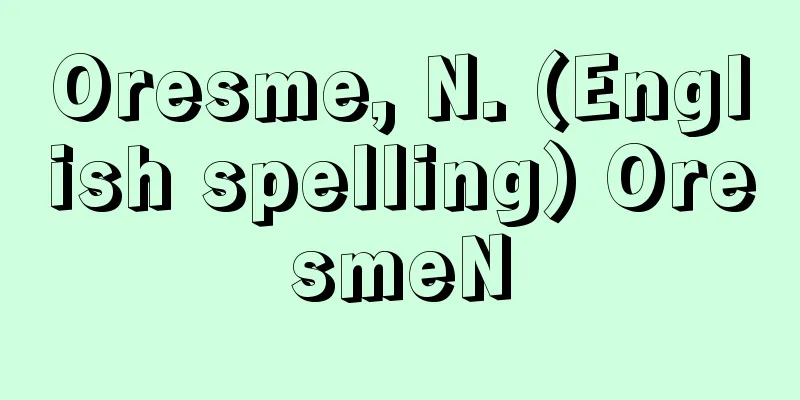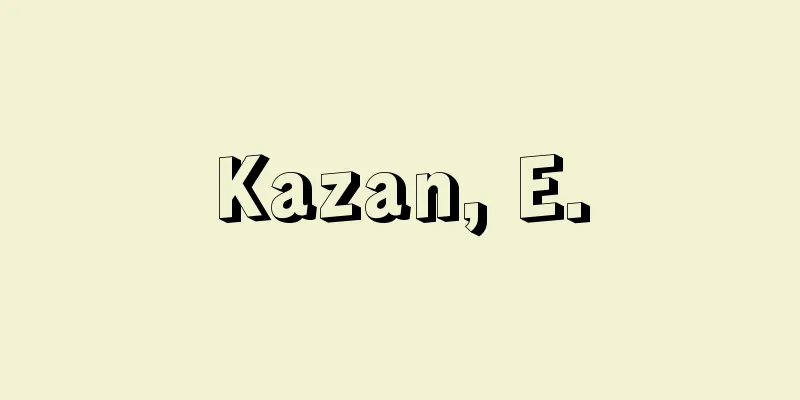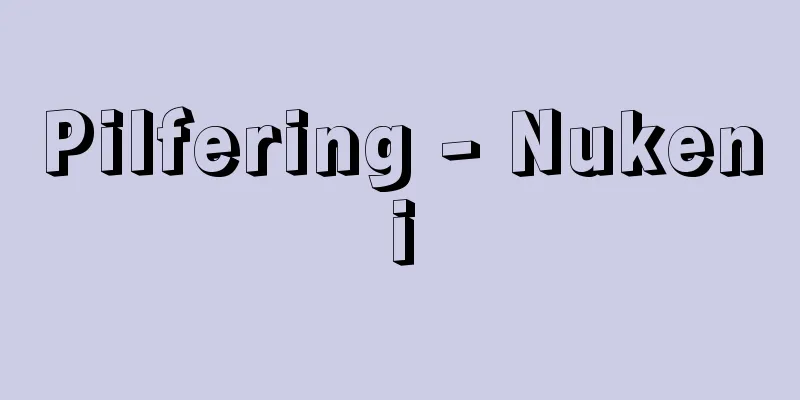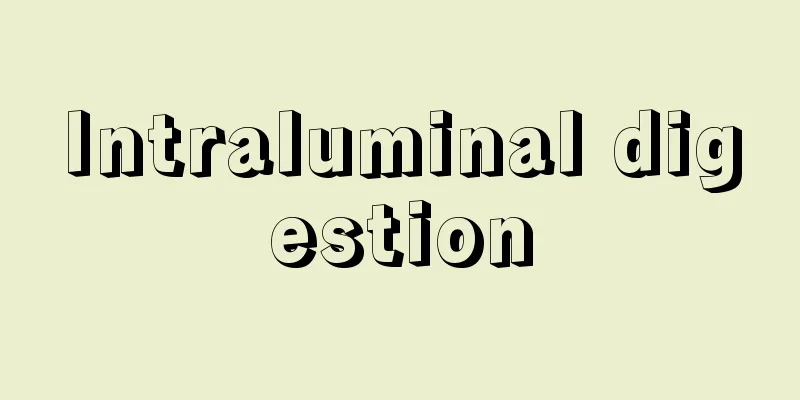Revolutionary War

|
A war between France and other European countries that broke out over the French Revolution. It is also called the French Revolutionary Wars. It lasted from around 1792 to 1799, and was succeeded by the Napoleonic Wars. The French revolutionary forces were warlike because they wanted to defeat foreign counter-revolutionary forces, the monarchy and exiled aristocrats who depended on them, and to spread freedom and equality abroad, i.e., to be a "crusade of liberty." On the other hand, the French counter-revolutionary forces were also warlike, trying to suppress the revolution and restore their power through foreign powers. Although there were a few anti-war factions, France declared war on Austria in April 1792, and Prussia eventually joined the war. The revolutionary side had hoped for a short victory, but with half of the military officers (nobles) in exile, the command was disorganized, and the equipment was inadequate, so the French army was defeated. In July, the National Assembly declared a "crisis in the Fatherland," and this sense of crisis led to the August 10th incident and the September Massacres. In September, however, the new People's Army, riding on the rise of nationalism, counterattacked the Prussian army at the Battle of Barmy, and since then, the French army has gained the upper hand, advancing into northern Italy, western Germany, and the Netherlands. During this time, however, the war expanded from the defense of the revolution to aggression and conquest by the French side, leading to conflict with other countries. In January 1793, the execution of Louis XVI intensified the revolution, and from February onwards, France entered into war with Britain, the Netherlands, Spain, Italy and Germany, and the First Coalition was formed. In particular, the entry of Britain into the war led to the war being linked to the Anglo-French conflict that had existed before the revolution. With the war situation once again unfavorable, France fought back with the first national mobilization in modern history, and emergency measures were taken under the Reign of Terror, while military reforms were also promoted. The war situation turned around again at the end of 1793, and in 1794 the French army advanced abroad. In this favorable situation, peace treaties were made with Prussia (Treaty of Basel) and Spain in 1795, and furthermore, thanks to the efforts of Napoleon Bonaparte, peace was also made with Austria (Treaty of Campo Formio), and the Anti-French Coalition collapsed, during which time French satellite states were created in various places. However, in 1798, Napoleon's Egyptian campaign against Britain failed to achieve its objectives, instead inviting Russia and Turkey to join the war, and Austria also rejoining the ranks, resulting in the formation of the Second Coalition. In 1799, with France again at a disadvantage, Napoleon took power in a coup in November of that year, and the war entered a new phase without a conclusion. [Shotaro Yamagami] [References] | |Source: Shogakukan Encyclopedia Nipponica About Encyclopedia Nipponica Information | Legend |
|
フランス革命をめぐって起こったフランスとヨーロッパ諸国との戦争。フランス革命戦争ともいう。1792年ころから99年まで続き、ナポレオン戦争に引き継がれた。フランスの革命勢力は、外国の反革命勢力や、これに依存する王権、亡命貴族を倒し、また自由や平等を国外に宣布、伝播(でんぱ)するため、すなわち「自由の十字軍」であろうとしたため、好戦的であった。一方、これに対し、フランスの反革命勢力は、外国の力によって革命を押さえ、その権勢を回復しようとして、やはり主戦的であった。少数の反戦派もあったが、フランスは92年4月オーストリアに宣戦布告し、やがてプロイセンも戦争に加わった。革命側は短期勝利を期していたが、軍の将校(貴族)の半数が亡命中といったありさまで、指揮は乱れ、装備は不十分のため、フランス軍は敗退、7月、国会は「祖国の危機」を宣言、この危機感から八月十日事件や九月虐殺が起こった。しかし9月、新しい人民の軍はナショナリズムの高揚のうちに、バルミーの戦いでプロイセン軍を反撃、以来、フランス軍は優勢に転じ、北イタリア、西ドイツ、ネーデルラント方面に進出した。しかしこの間、戦争は革命の防衛から伝播、さらにフランス側の侵略、征服に発展し、他国との対立を招いた。 1793年1月ルイ16世処刑による革命激化をおりに、2月以降、フランスはイギリス、オランダ、スペイン、イタリアおよびドイツ諸国との戦いに入り、第一次対仏大同盟も形成された。とくにイギリスの参戦によって、戦争は革命以前からの英仏抗争に連なるに至った。戦局がふたたび不利となったフランスは、近代史上初の国民総動員体制をもって抗戦、恐怖政治のもとに戦時下の非常処置がとられ、一方、軍制改革も促進された。93年末から戦局はまた逆転、94年フランス軍は国外に進出、この有利な情勢のもとに95年、プロイセン(バーゼル条約)、スペインなどと講和が成立、さらに97年、ナポレオン・ボナパルトの活躍によってオーストリアとも和し(カンポ・フォルミオ条約)、対仏大同盟は崩れ、この間、各地にフランスの衛星国がつくられた。 しかし1798年、対イギリス作戦であるナポレオンのエジプト遠征は目的を果たせず、かえってロシア、トルコの参戦を誘い、オーストリアも戦列に復帰して、第二次対仏大同盟が成立した。99年、またもフランス劣勢のうちに、この年11月、クーデターによってナポレオンが政権を握り、戦争は決着がつかないままに新局面を迎えることとなった。 [山上正太郎] [参照項目] | |出典 小学館 日本大百科全書(ニッポニカ)日本大百科全書(ニッポニカ)について 情報 | 凡例 |
<<: "Journey through the Revolutionary War"
Recommend
Takakuni Hatakeyama
Year of death: 1351.3.10 (Kan'o 2/Shohei 6.2.1...
Kuwabara House
This manor was part of the Todaiji Temple estate ...
Kumemoto Fumi
Born: November 20, 1828, Mito [Died] November 10, ...
Magnesite
…It is also called magnesite. Its chemical compos...
Wilson, RW
...In the expanding universe theory, 1/ H gives a...
Yellow-spotted Swallow - Yellow-spotted Swallow
A butterfly belonging to the family Lycaenidae in...
Cucumber massage - Cucumber massage
…In the Kansai region, it is called "namabus...
Pediculus
...The Neolinognathidae family is a special kind ...
absolute orientation
…Looking around the world, there are many directi...
Ororo - Ororo
...The Iyo white banded fly, Tabanus iyoensis (il...
Microlithography
…It plays an important role in the manufacture of...
Plastic
…The most typical example is the coda of the pas ...
face presentation
...However, recently, when labor is stalled or fe...
Sikandar Lodī (English spelling)
...Population: 892,000 (1991). In the early 16th ...
Paper - Ryōshi
Paper for writing. During the Heian period, when ...






![California Standard [Company] - California Standard](/upload/images/67d026565ceed.webp)


